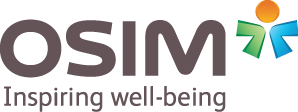Enhanced Antimicrobial Properties of Polymer Products with Silver Nanoparticles
Antimicrobial plastic products are in increasing demand across healthcare, consumer products, and industrial sectors to reduce the spread of harmful microbes while maintaining material performance. However, conventional antimicrobial additives often rely on pre-formed nanoparticles, which are prone to aggregation and can complicate handling and processing, particularly in thin films, fibres, and transparent components.
This technology enables the in-process formation and uniform dispersion of silver (Ag) nanoparticles within thermoplastic resins during standard polymer processing, such as extrusion and injection moulding. By incorporating silver fatty acid salts into the resin formulation, nanosized silver particles are generated during thermal processing and stabilised within the polymer matrix, ensuring consistent dispersion under typical shear and thermal conditions. The resulting silver nanoparticles, with sizes on the order of several tens of nanometres, deliver reliable antimicrobial performance at very low additive loadings (as low as 0.01 wt%), while preserving optical clarity and mechanical properties. Accordingly, this technology is particularly well suited for incorporating antimicrobial agents into thin films and fibres, where optical clarity and defect-free moulding are critical. When used in fibres, it helps prevent filament breakage during melt spinning. A resin-compounded antimicrobial masterbatch based on this technology has already been commercialised in products such as face masks and waste bags, demonstrating scalability and real-world applicability.
The technology owner is seeking test bedding and pilot deployment partners in resin processing, polymer manufacturing, and end-product sectors to validate performance, scale production, ensure regulatory compliance, and expand application portfolios. In parallel, dispersion methods for solvent-based systems are under development, and partners in surface coatings and film manufacturing are welcomed for co-development and scale-up opportunities.



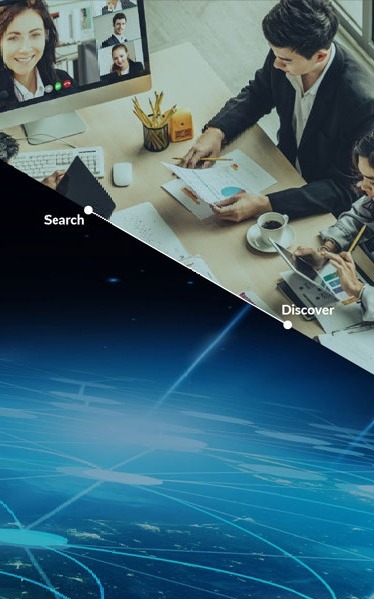
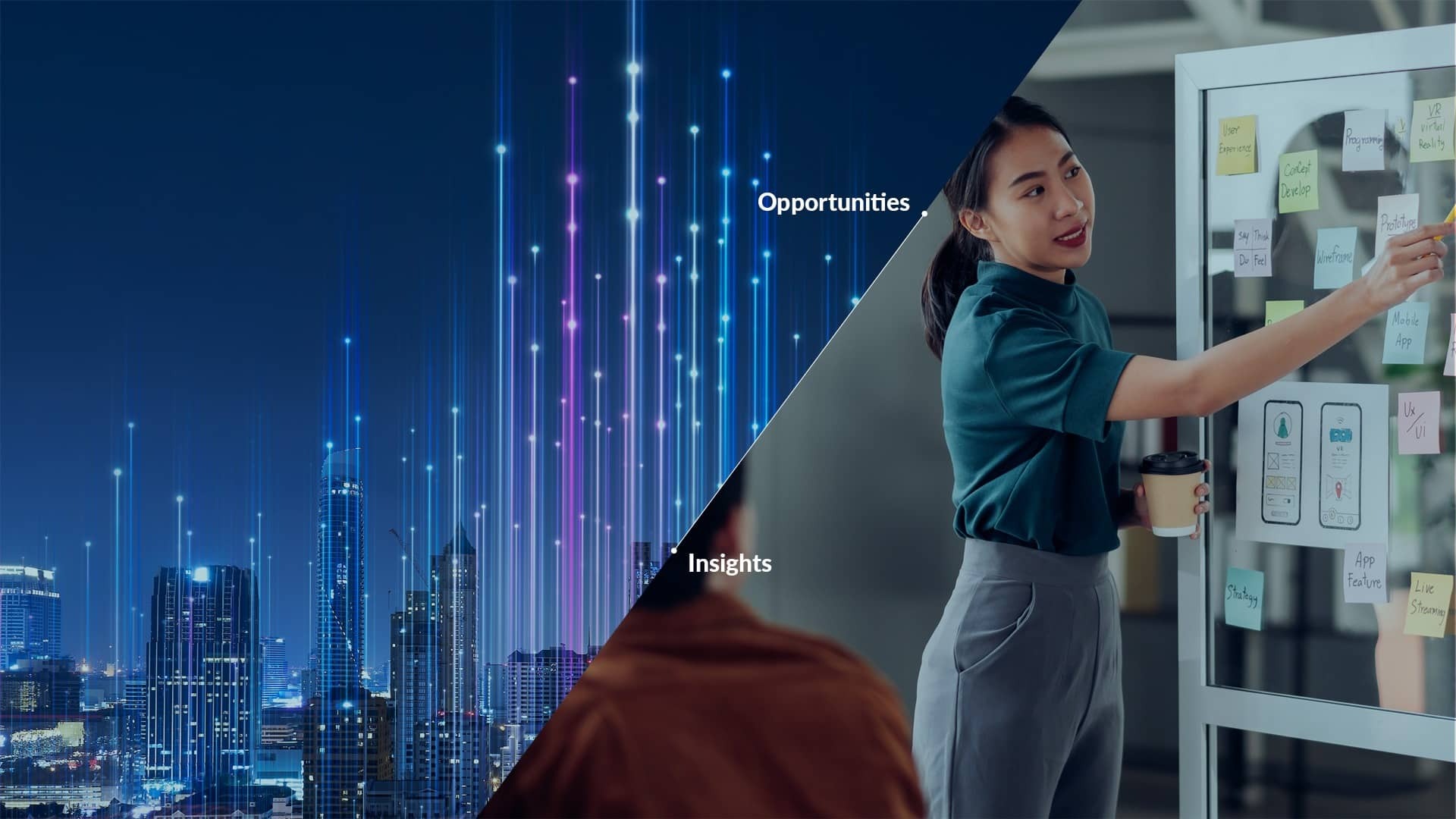
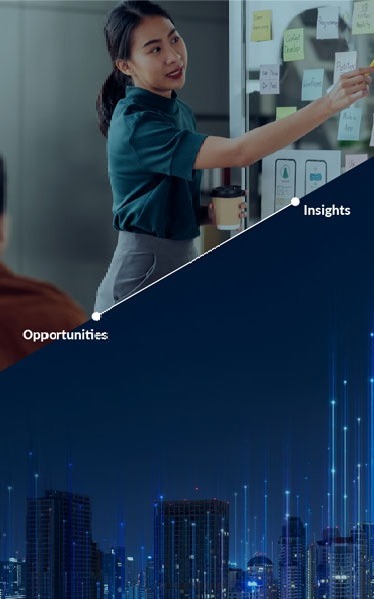
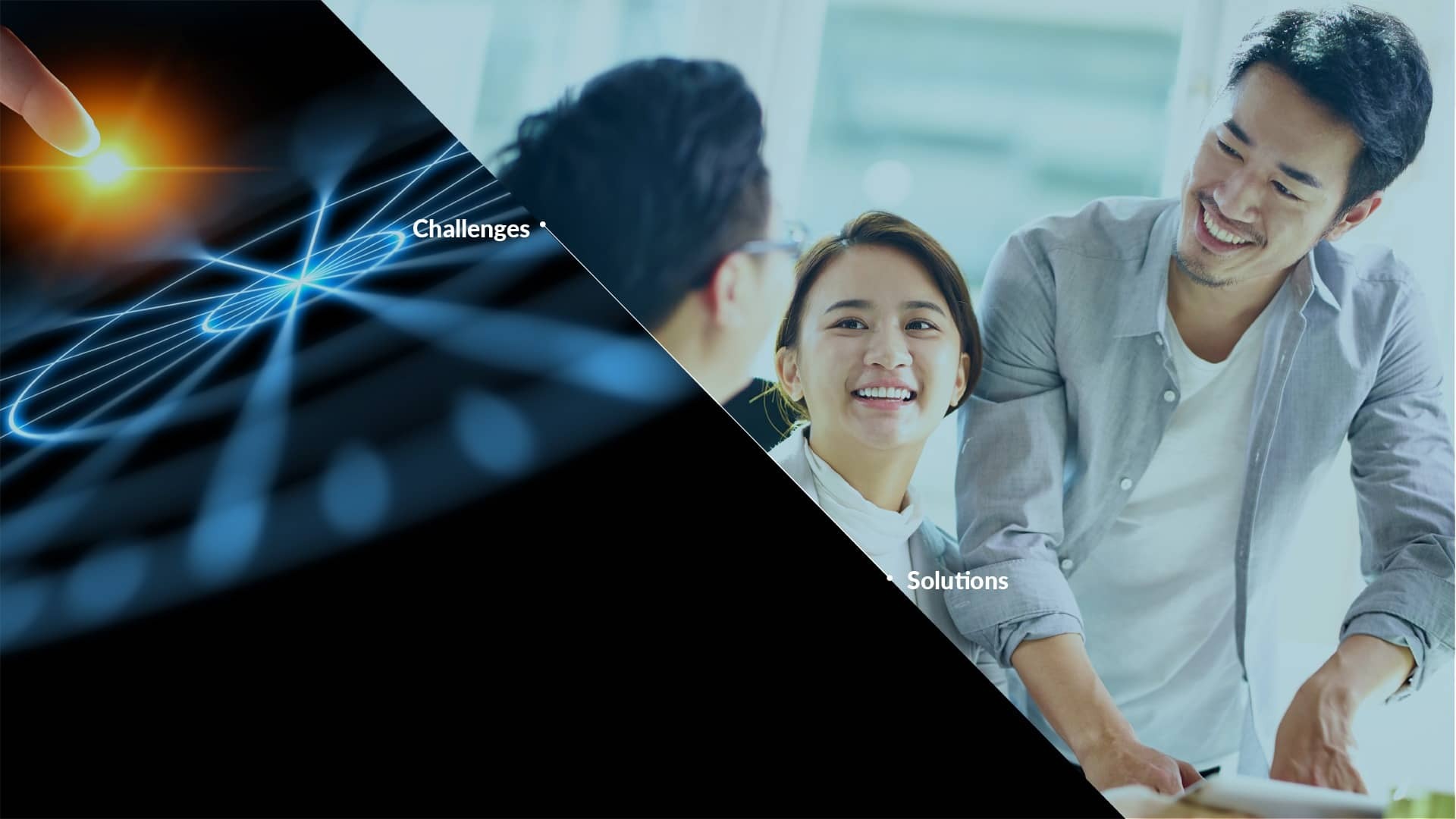
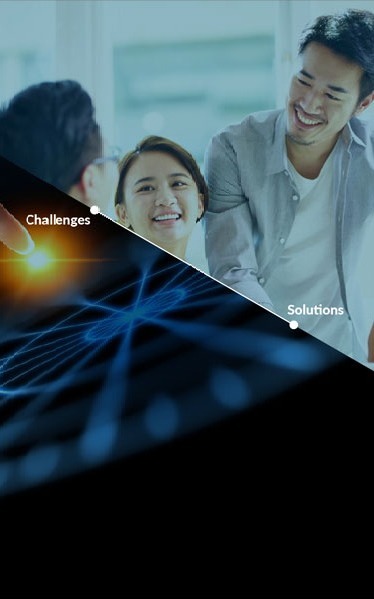
.jpg)




